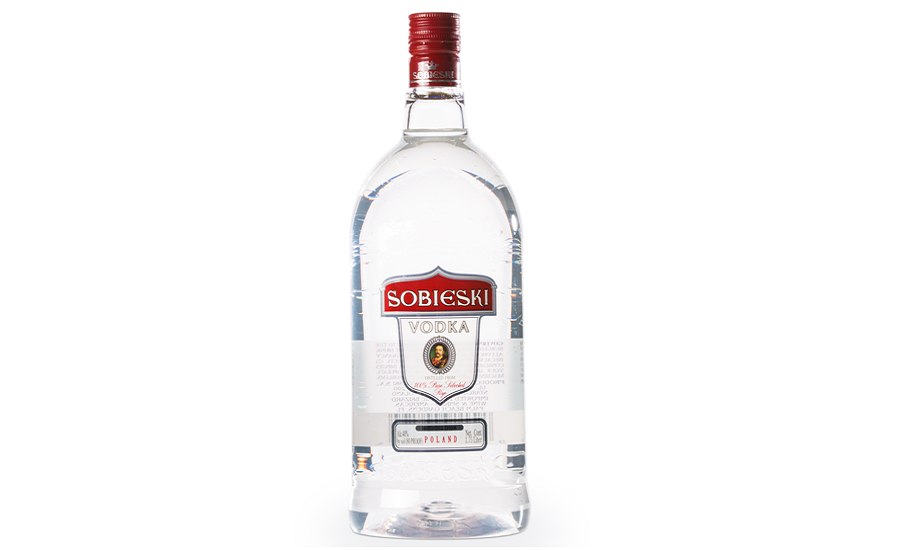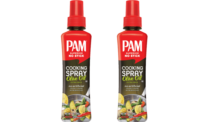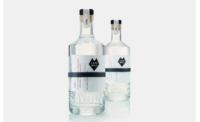Sobieski Polish vodka moves to plastic bottles

Polish vodka brand Sobieski is now packaging its 1.75-liter premium product in plastic bottles, which has many advantages over glass bottles.
Plastic bottles are light as a feather, stable, hygienic, and can be decorated in many ways – these are some of the numerous advantages they bring to many areas of everyday life. This form of practical plastic packaging has already caught on in sports and leisure, for example. Because they are not just light but also shatterproof, they are the ideal packaging for people on the go.
Elegant, light, and reusable
The Sobieski brand will try to appeal to consumers with plastic bottles made from PET in a sector where they have been rather uncommon so far. Part of the Marie Brizard Wine & Spirits Group, Sobieski stands for first-class premium vodka. It enjoys great popularity, especially in North America, thanks to its purity and various flavors. A 1.75-liter bottle made of plastic was especially conceived for the local market, where it should be a convincing alternative not just because of its highly valuable content, but also because of its look and practicality. As opposed to glass bottles, the light weight of the bottle makes transport from producer to POS not only simpler, but also helps save on CO2 emissions. In addition, the risk of breakage is reduced, consequently preventing potential product rejects. After the vodka has been used up, the bottle can also be reused any number of times by the consumers.
The plastic bottle is produced by Greiner Packaging (greiner-gpi.com), which relied on a combination of an appealing design and practicability for the Polish customer. “The raw material and the modern production approach used ensure greater bottle transparency, thereby highlighting the engraving of the brand logo even better. The bottles now completely match our client’s expectations to be a premium brand,” says Günter Ausserwöger, Kavo Sales Director.
The PET bottles meet environmental demands since they can be easily recycled and reused. That means many plastic bottles become just plain bottles again, and fibers made from recycled PET are being used more and more in the textile industry as well, such as in the production of fleece products.
Looking for a reprint of this article?
From high-res PDFs to custom plaques, order your copy today!






